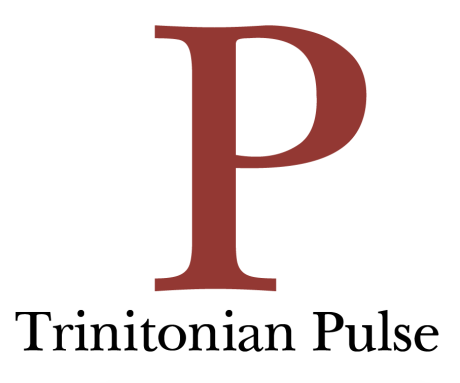Trinity’s faculty consists of many professors engaged in the world around us. One such professor is David Lesch, a Ewing Halsell distinguished professor of middle east history. Among his accolades and accomplishments, Lesch is known for his extensive knowledge of Syria and is the author and editor of 14 books and several other publications.
Although Lesch himself declined to be interviewed, several of his coworkers and students have spoken highly of him and his commitments. Carey Latimore, associate professor and current chair of the history department, met Lesch in 2004. The two became so close that Lesch was Latimore’s best man at his wedding.
“David and I have been extremely close over the years. It amazes me that he’s so busy, and yet he still teaches and does all the departmental work that he does,” Latimore said. “He was chair of the history department for a number of years. He has also been on all of our new search committees. Besides that, there are a number of outside projects that he works on that are extremely important.”
Lesch organized and led the Harvard-Norwegian University Institute of International Affairs-Trinity Syria Research Project in 2012, funded by Norway and Switzerland’s governments. Jacob Uzman, who graduated in 2013 with degrees in philosophy and political science, was a research assistant for the project. The work Uzman did with Lesch impacted his professional career after Trinity.
“Working as a political and security analyst, I routinely draw on the lessons I learned working with Dr. Lesch,” Uzman said. “While I learned an incredible amount about Syria and the Middle East, the most important things I learned were how important ground-level research is and how crucial it is to understand the frameworks through which people, groups and organizations see the world.”
Michael Bacon, the vice president for Advancement and Alumni Relations, knows Lesch through the many university-related activities he is involved in.
“He was one of our presenters at our National Alumni and Parent Conference in Houston, and he did a couple presentations on what is going on in Syria right now. They were not only the most well attended sessions, but obviously incredibly timely,” Bacon said.
Lesch gives many talks to large audiences around the world concerning the history and current affairs of Syria, which can give students a chance to learn about advanced topics at an undergraduate level.
“I think it’s pretty amazing that he has such an international profile at Trinity. It does a lot to enhance our university’s reputation. I also think that it’s great for students to watch CNN or read The New York Times and see that Lesch’s name is there,” Latimore said.
“All of us benefit from our professors’ connections to the outside world. The fact that we have a professor who is so connected to Syria and is such a world expert on that region is really incredible. Students so rarely get access to a professor at the undergraduate level with that much expert knowledge on a subject,” Bacon said. “I think that at a lot of other colleges, you would only meet him if you were a graduate student, whereas he is working closely with several Trinity students each and every day.”







